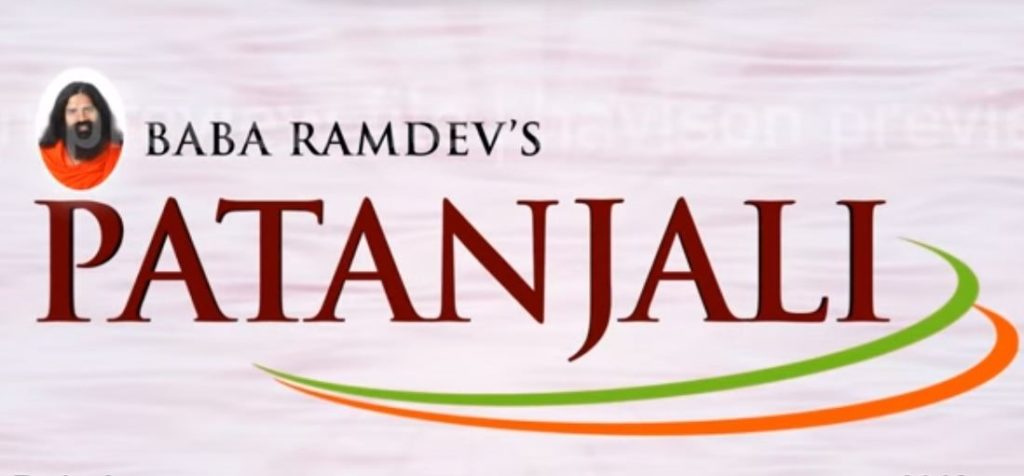Patanjali Acquires Ruchi Soya For Rs. 4325 Crores: Is This The Next Big FMCG Disruption By Baba Ramdev?
BThe Ayurvedic FMCG giant, Patanjali headed by the Indian Yoga Guru, Baba Ramdev, had its first major acquisition on April 30th. Patanjali had been hitting really low in the market since some time now, the major aftermath was seen when Patanjali’s turnover remained static at Rs. 10,000 crores last year, significantly lesser than the target it had calculated to achieve, i.e. Rs. 20,000-25,000 crore over the next 3-5 years, giving the whole idea a serious jolt.
A dream come true for Baba Ramdev, in a deal that could help Patanjali put an end to many of its recent struggles by acquiring the debt-ridden edible oil firm Ruchi Soya with a bid of Rs 4,325 crore, a prize Patanjali had been eyeing for a long time.
The Factor of Baba Ramdev’s Interest in this Acquisition:
Ruchi Soya is one of India’s largest manufacturers of edible oil and owns a large number of plants and top brands such as Nutrela, Mahakosh, Sunrich, Ruchi Star and Ruchi Gold. It owns about 24 plants that crush, mill, refine and package edible oils, making it one of the largest exporters of value added soy products. This acquisition by Patanjali will help the latter emerge as a major player in soyabean oil and a range of other food products.
Ramdev wanted to badly fall under the top of the Indian FMCG providers, which had not been going on well since some time complying mainly to its distributed network. Patanjali’s consumer offtake has fallen for a wide range of products, too much expansion of which has diluted its core strength, its ayurvedic credentials. The
The Ayurvedic company boasted on providing adulterated and chemical-free products in the market, which was followed by its competitors giving it a strong blow by manufacturing their own Ayurvedic FMCG products.
By acquiring Ruchi Soya, Ramdev’s ambitious venture to push India’s biggest vegetable oil joint, Adani Wilmar, could finally carve a path for itself. Adani Wilmar currently holds 19% of the packaged end of this market while Ruchi Soya has near about 14%. According to a report, the vegetable oil consumption in India is expected to grow by 3% annually to exceed 34 million tonnes by 2030.
How the Odds Favoured Patanjali!
The acquirement proposal plan of Ruchi Soya by Patanjali received a massive 96% approval from the committee of creditors on April 30. Patanjali is to infuse Rs 115 crore in the company. It is known that a sum of Rs. 4350 crore is put into the acquisition, of which Rs 4,053 crore is to go to secured lenders, whose admitted claims are Rs 8,377 crore, providing recovery is about 48%.
It is no secret that Ruchi Soya is immersed deeply into debts to many financial creditors, owing them around Rs. 9,345 crore. It owes SBI the maximum, Rs. 1,800 crore; Central Bank of India Rs 816 crore; Punjab National Bank Rs 743 crore and Standard Chartered Bank India Rs 608 crore.
Patanjali acquired Ruchi Soya Industries in an insolvency auction started by lenders to recover over Rs 9,300 crore loans. The corporate insolvency resolution process of Ruchi Soya began in December 2017. In August 2018, Adani Wilmar was too on the look of acquiring Ruchi Soya wherein Rs 4,300 crore would go to financial creditors and Rs 1,700 crore would go into the company. It was supported by 96 percent of the creditors. However, in January 2019, Adani Wilmar withdrew its proposal citing delays in the corporate insolvency resolution process, giving Patanjali a heads up to be the only bidder in the race.
By this move, Patanjali could finally gain its momentum and could enter back into the picture focusing more on the agriculture and food processing sector as part of its strategy.


Comments are closed, but trackbacks and pingbacks are open.